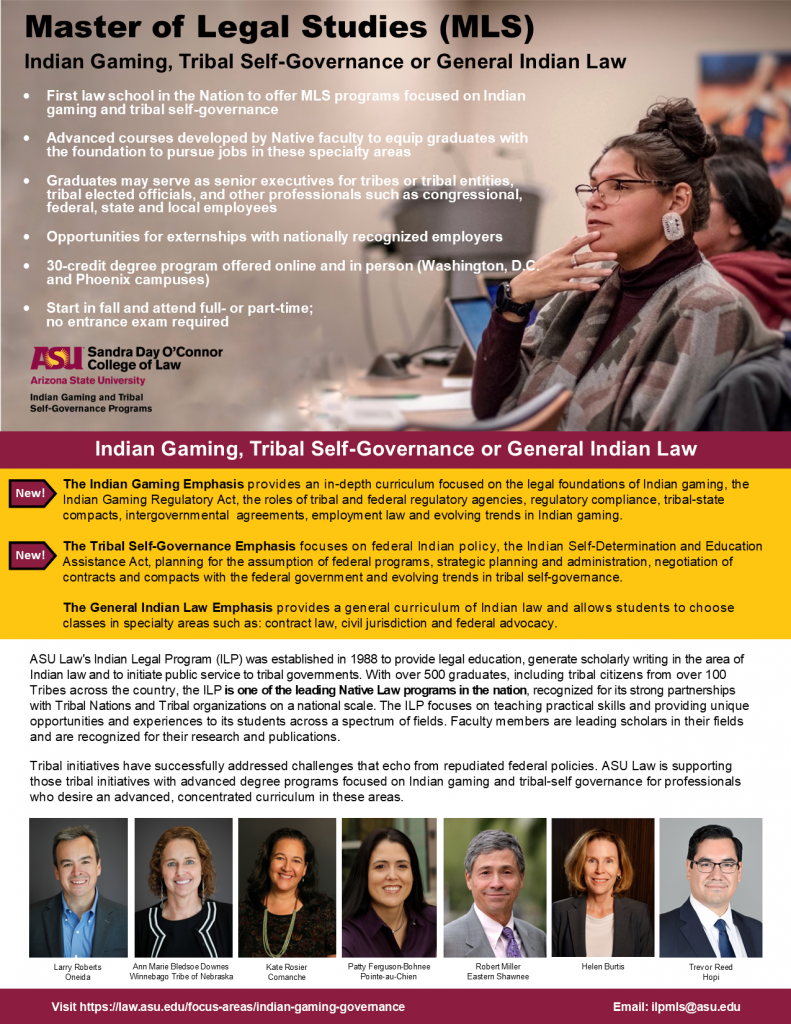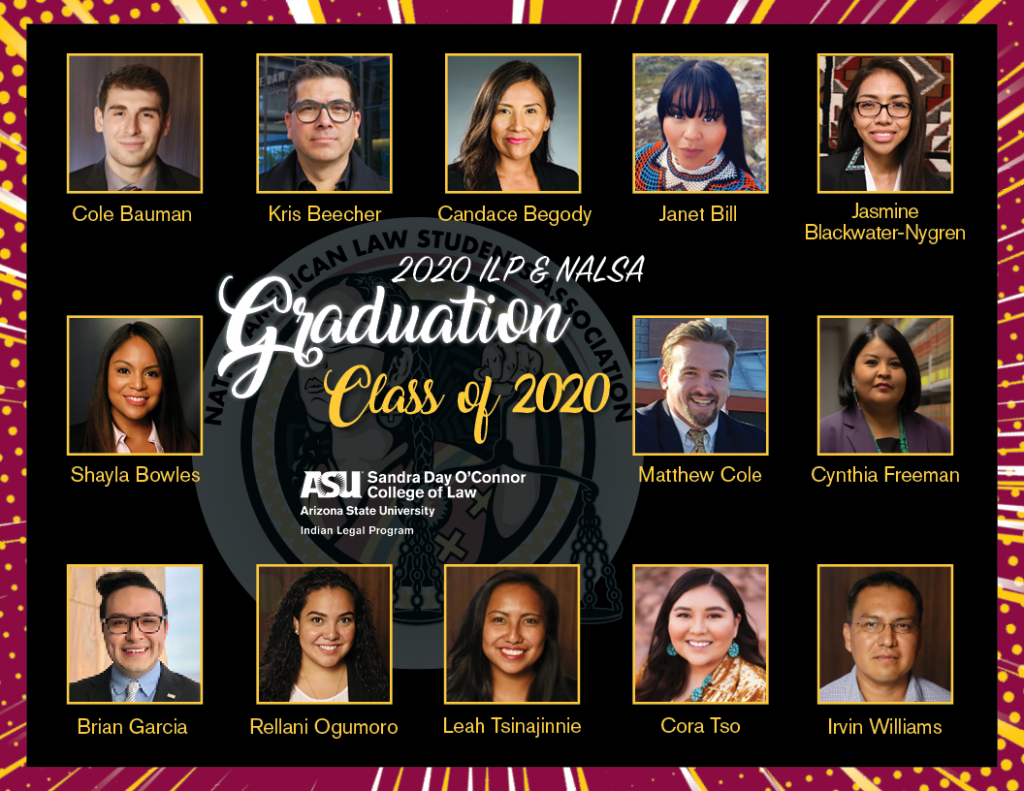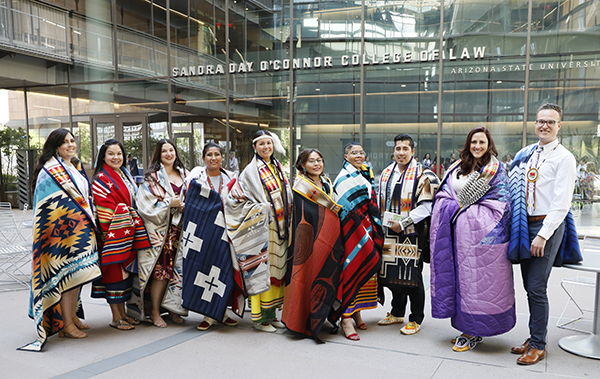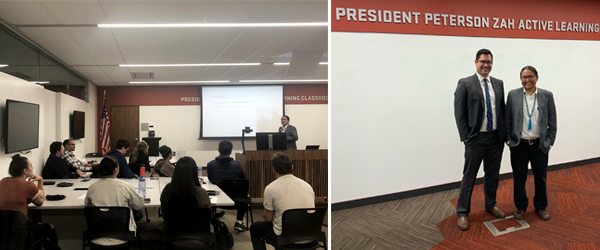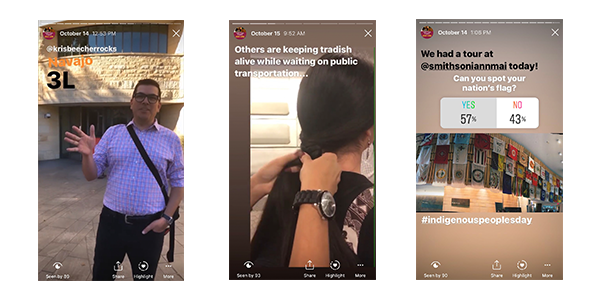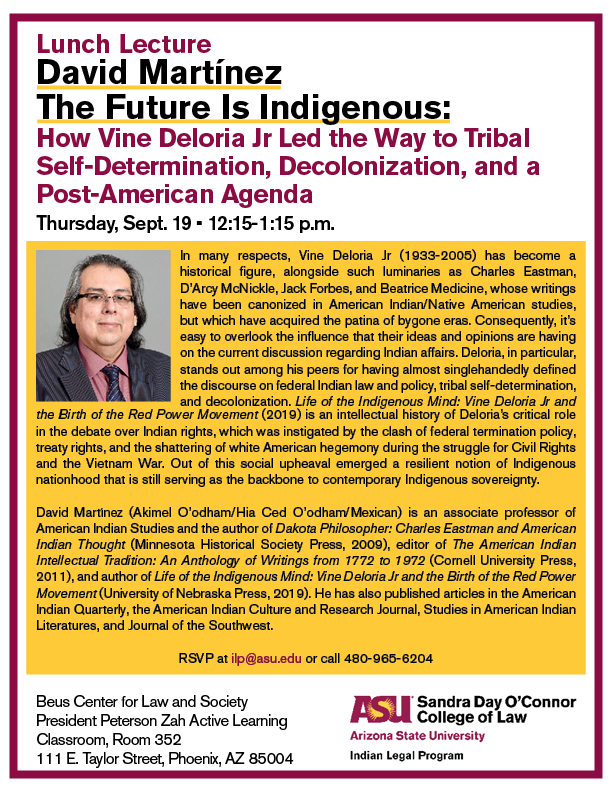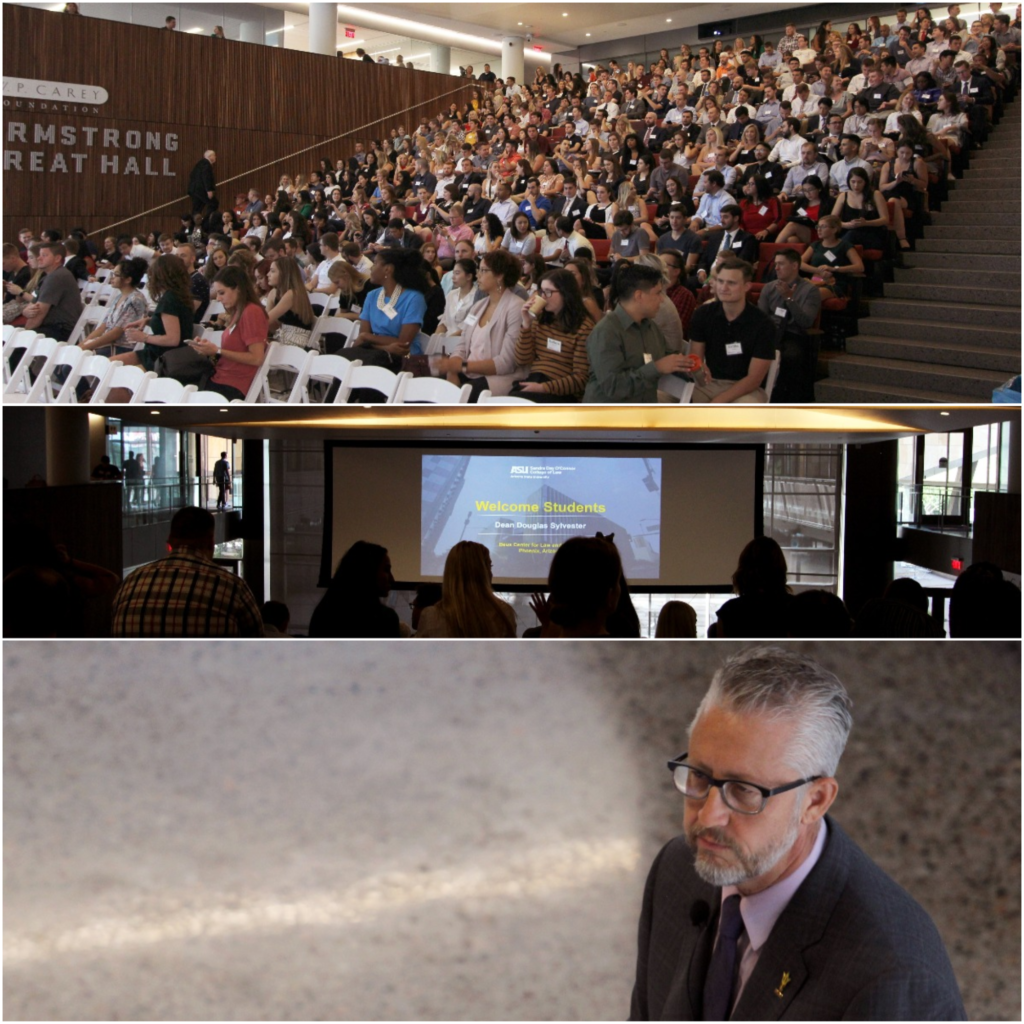Job Description: The Gallup Office of the New Mexico Law Office of the Public Defender is hiring both practicing attorneys and 3Ls interested in a career in indigent defense. Depending on experience, the attorney would be expected to handle a wide variety of misdemeanor and/or felony cases, meeting with clients, interviewing witnesses, developing strategy, researching, briefing, and arguing motions, and conducting jury trials. Additionally, consistent with our offices belief in holistic representation, attorneys would be expected to assist our on-site case manager with the social needs of our clients, including addiction recovery, mental health, and familial relations, as they relate to our clients’ cases. Expect significant responsibility and trial experience early and often. Few public defender offices in the country can offer the sort of experience that our newer attorneys get on a regular basis.
Gallup is a small city in western New Mexico on the border of the Navajo Nation and the Zuni Pueblo. Approximately 75% of the people in the county (and therefore, our clients) are Native American. Thus, in addition to the typical slate of criminal law issues that most public defenders face, our cases often involve complex and sensitive issues of Federal Indian Law.
Located in the high desert of the Colorado Plateau, Gallup enjoys easy access to world class (and uncrowded) hiking, fishing, biking, camping, climbing, skiing, and other outdoor recreation. It is a world-renowned capital of Native American arts and culture, home of the Gallup Indian Ceremonial every year in August.
Minimum Qualifications: For practicing attorneys, being a member in good standing of any state’s bar and willing to obtain a Limited License to practice from the New Mexico Supreme Court. For current 3Ls, a willingness to take the New Mexico Bar Exam.
To Apply: A full description of the position for practicing attorneys is available here.

